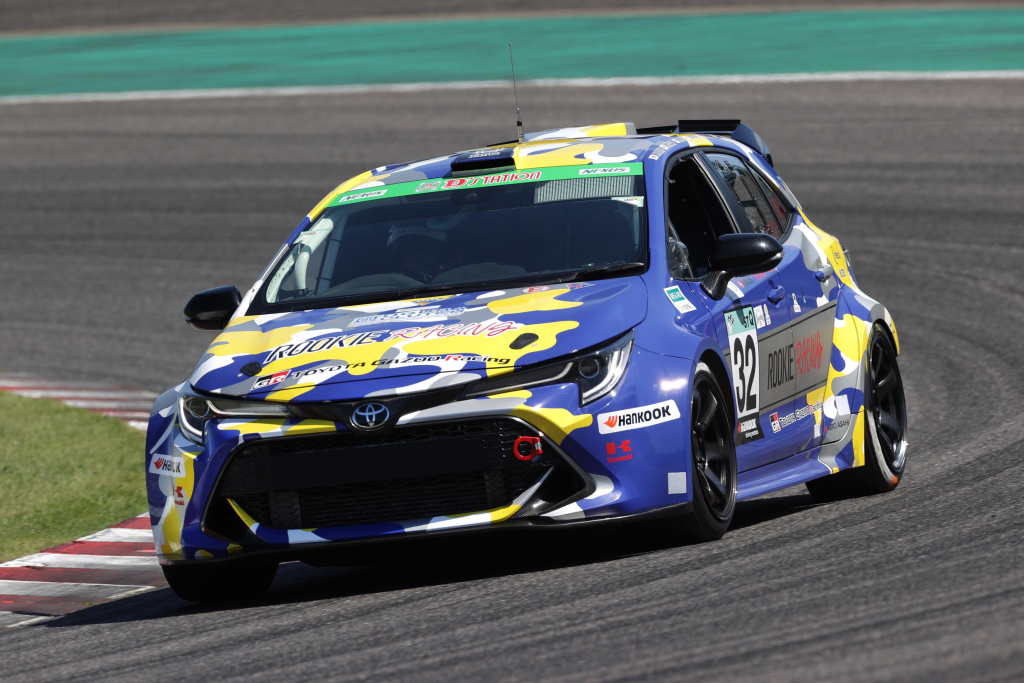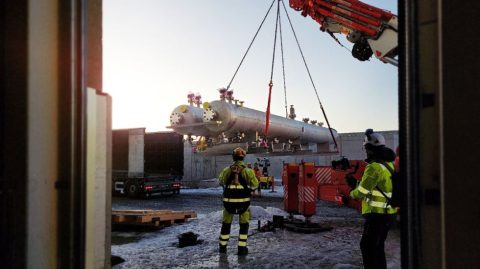Toyota and Yamaha have announced a strategic collaboration to develop a high-performance hydrogen engine. The partnership aims to create a powertrain solution that reduces environmental impact and outperforms traditional engines.

Combining Expertise for Innovative Hydrogen Engine Development
Toyota, a hydrogen fuel cell leader, and Yamaha, a high-performance engine expert, are joining forces. The collaboration has produced five products, including a V8 hydrogen engine for the Lexus RC F.
The modified engine components enable impressive performance, with 450 hp and 540 Nm of torque. Hydrogen engines can match the performance of gasoline engines while offering unique advantages.

Advantages of Hydrogen Combustion Technology Over Traditional Engines
Hydrogen engines provide several benefits compared to internal combustion engines and electric vehicles:
- Zero carbon dioxide emissions during operation, reducing environmental impact
- Driving experience similar to internal combustion engines, appealing to consumers
- Faster refueling compared to electric vehicles, increasing convenience
- Potentially longer driving range, depending on the size of the hydrogen reservoir
These advantages make hydrogen engines an attractive option for sustainable transportation without compromising performance.
Future Applications and Potential Impact on the Automotive Industry
The Toyota-Yamaha project currently focuses on high-performance applications but can be adapted to various vehicles. Toyota has demonstrated the feasibility of hydrogen engines in endurance racing using a hydrogen-powered Corolla.

As the project progresses, hydrogen engines could become a viable alternative to battery electric vehicles. This technological advancement could transform the global automobile market, combining zero-emission propulsion with traditional driving characteristics.
The Significance of Collaboration in Advancing Sustainable Transportation
Toyota and Yamaha’s partnership highlights the importance of cooperation in addressing climate change. By combining their expertise, these industry leaders are paving the way for environmentally friendly, high-performance vehicles.
This engineering achievement represents progress in the global effort to reduce transportation emissions without sacrificing performance. As hydrogen engine technology evolves, it may become an increasingly attractive alternative to gasoline and electric vehicles.
Read more: Vienna to Replace Electric Buses with Hydrogen Hybrids in 2025













